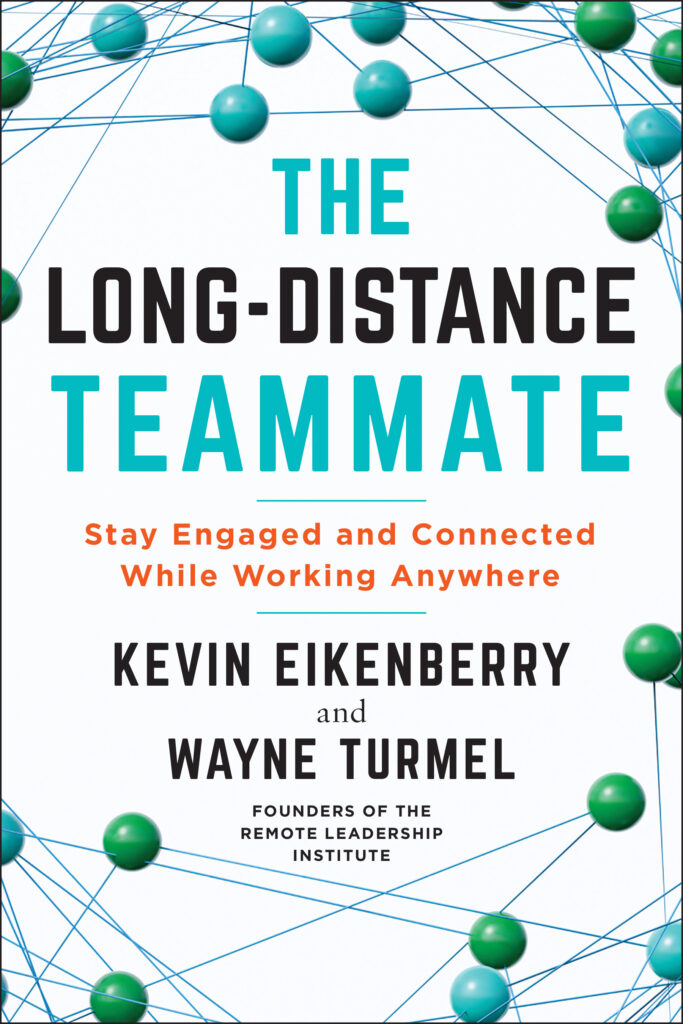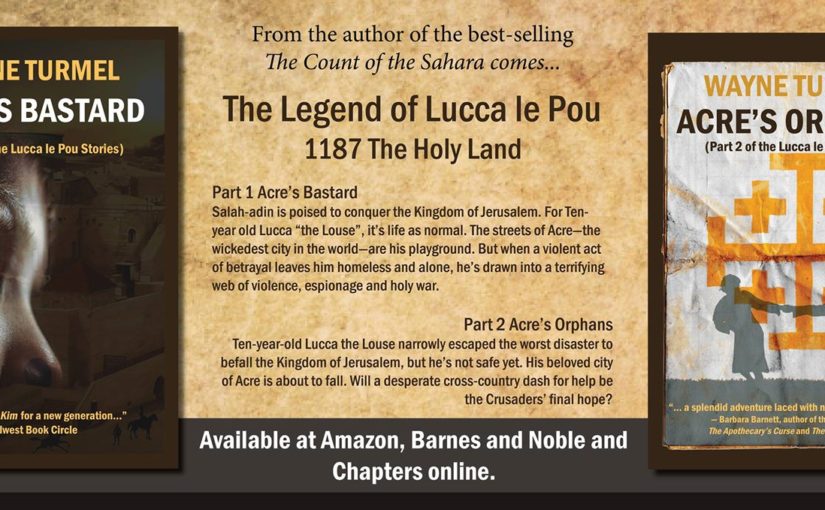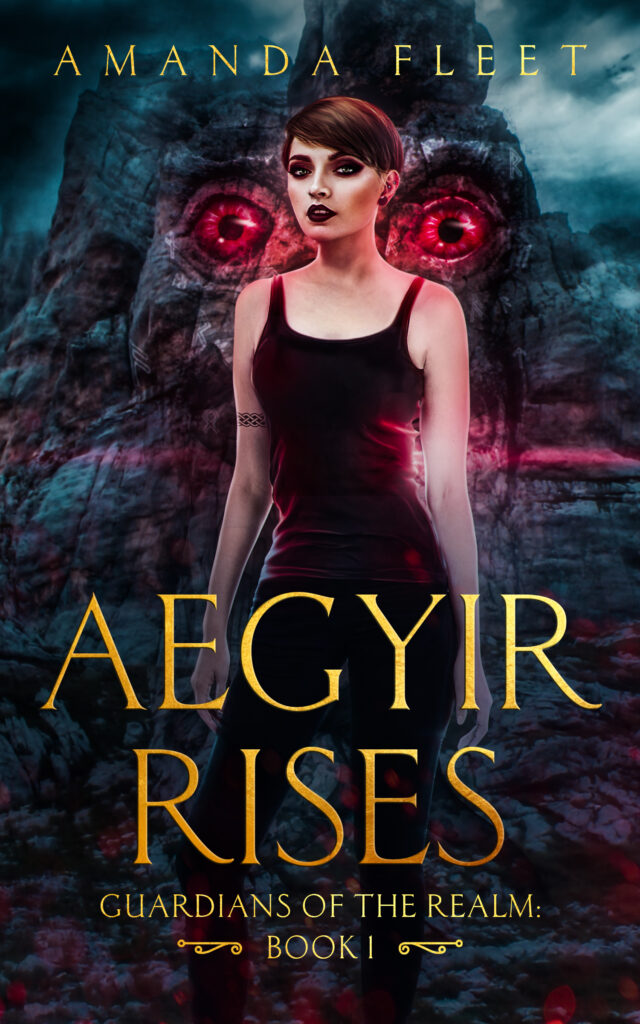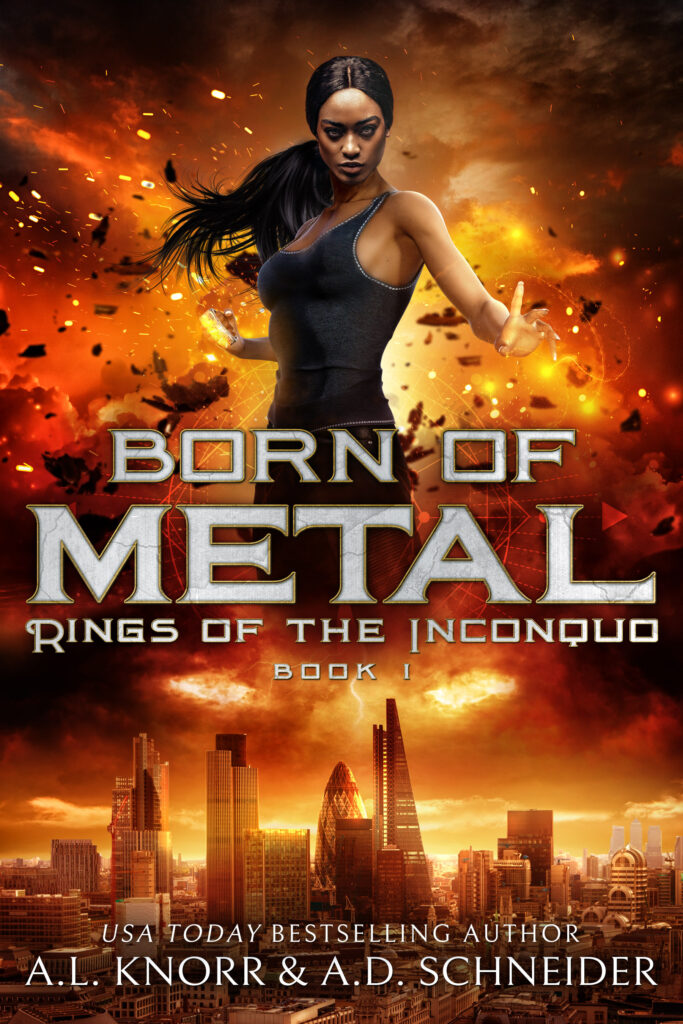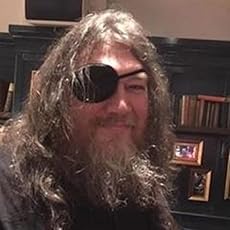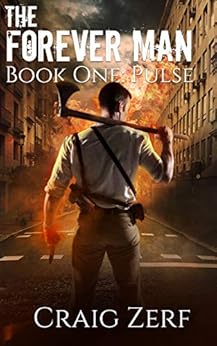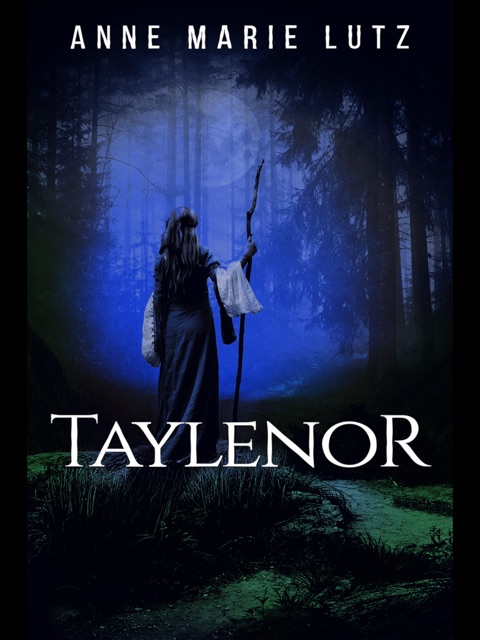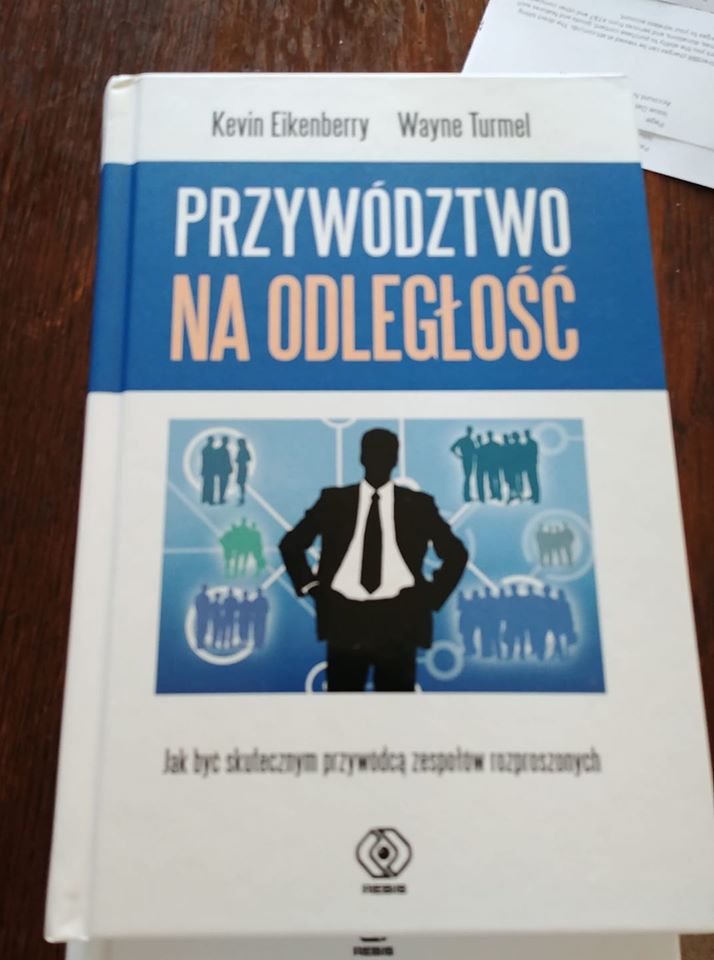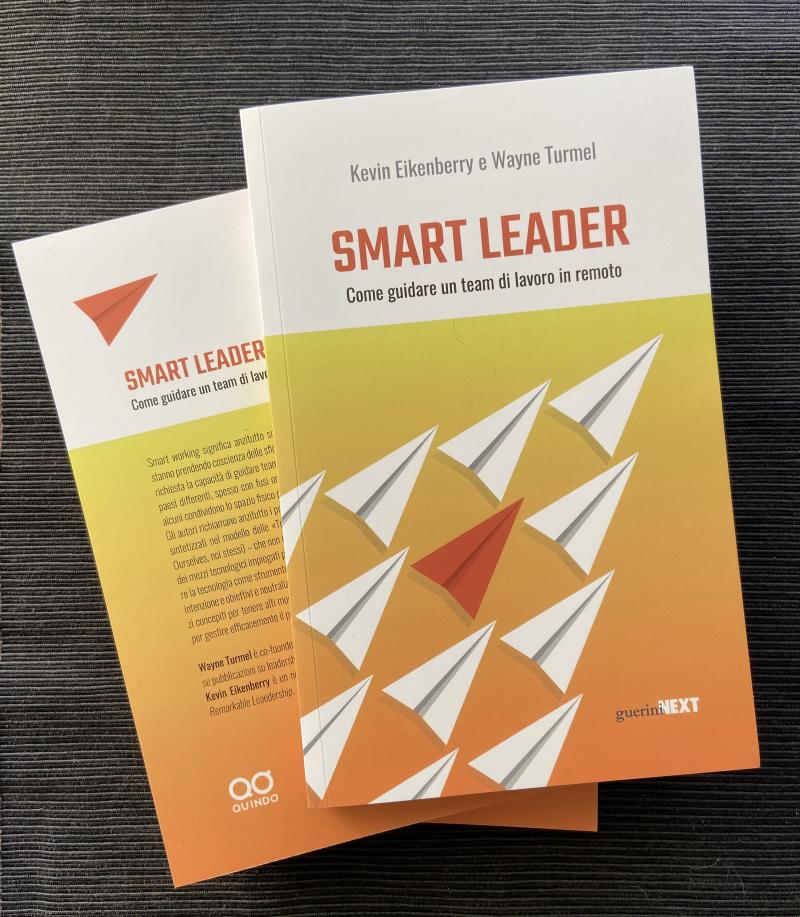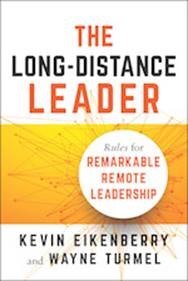Not to make this all about me, but I am incredibly nervous about my first Urban Fantasy novel coming out in November. After all, up til now, most of my work has been nonfiction/business-y stuff or Historical Fiction. This week’s guest, Amanda Fleet, has gone through a similar journey, what with the launch of her new Guardians of the Realm series. The second book comes out March 7.
I know you’re a bit of an over-achiever. Tell us about yourself.
Oh, toughest question first! I’m not good at
talking about me!
I’m a writer, living in Scotland. I used to be a
university lecturer, teaching physiology to medical students (and science
students in the early days). At the start, teaching the students was fun and
the non-teaching bits were okay too. But after a couple of decades and a series
of terrible managers, although the students were still great fun, the job was
literally almost killing me (serious arrhythmia and a breakdown), so I left. I
now write as my ‘job’ though the pay and conditions suck. ?
I’d like to say “When I’m not writing, I like to…” but I’m always writing. Or thinking about writing. But I can multitask, so I can think about writing while walking, running, or gardening, all of which I enjoy. Living in Scotland, we have some amazing countryside, right on the doorstep. You’d have to be spectacularly unimaginative, not to be inspired by it.
What is your current series about?
The current book – Aegyir Rises – is about a life-stealing demon who’s accidentally freed from his prison on Earth. He’s determined to have revenge on the people who put him there and is convinced that a local woman, Reagan Bennett, is his nemesis Aeron. She thinks she’s Reagan Bennett, although she is plagued with dreams of a different world where she’s called Aeron. And someone keeps leaving her odd things on her kitchen table – things that only she can read, or things that could be used to defeat the demon – if she is Aeron. Can she defeat the demon before he kills everyone she loves?
What is it about that form of magic or character that appealed to you? What are the roots of the story?
There’s not actually any magic in it, per se. I’ve always loved the idea that the antagonist is the hero in his/her story. Aegyir – the demon – thinks he’s absolutely in the right. And for a long time, I’ve played with the ideas of parallel worlds and people being in the wrong place. These all came together to some extent in the Guardians of The Realm trilogy. Aegyir Rises is the first book in the trilogy. The second book, Aeron Returns, comes out next week!
As someone who has written in other genres first, and now has branched into this crazy world of UF, what has been your biggest fear and what has surprised you?
I’ve written in a number of different genres now,
from medical thriller, through women’s literature, crime, and now urban
fantasy. There’s not really been a plan to it. I write the stories that are
burning a hole in my head. So, in many ways, the only fear has been the normal
one of “Will anyone ever buy these books?” And as ever, the surprise is that,
yes, some people do!
I suppose the biggest difference moving from crime-writing to urban fantasy is the level of description. My crime publisher pared most descriptions back and just wanted plot and action. My fantasy editor wanted much more detail – of characters, surroundings etc. That was a difficult shift in some ways.
Which writers inspired you?
As a child, I was obsessed with Gerald Durrell’s
books, and a series of books written by a vet – James Herriot. After that came
an Agatha Christie phase, interspersed with Jane Austen, George Eliot and the
Bronte sisters. By the time I was at university, I’d shifted towards Terry
Pratchett, and an author whose name I wish I could remember – she wrote
fantasy books about a parallel world accessed via specific portals, and the
books were humorous.
More recently, I’ve devoured pretty much anything written by Patrick Ness, and a lot of Neil Gaiman’s stuff. Crime-wise I would read anything by Harry Bingham – his Fiona Griffiths character is fantastic. Chris Brookmyre is great, as is C.L. Taylor. I’m currently impatiently waiting for Hilary Mantel’s third book about Thomas Cromwell “The Mirror and The Light” (the final part of the Wolf Hall trilogy) to come out in paperback.
Where can folks learn more about your work?
Website: https://www.amandafleet.co.uk/
Facebook: https://www.facebook.com/AmandaFleetWriter/
Twitter: https://twitter.com/amanda_fleet1
Book Bub: @AmandaFleet
Amazon: https://www.amazon.com/author/amandafleet
Instagram: https://www.instagram.com/amandafleet/ (though yet to post anything!)
Goodreads: https://www.goodreads.com/amandafleet (though I don’t like Goodreads and am never on there…)
NOTE FROM WAYNE: In a month or so I am going to be offering a FREE story, not seen anywhere else, for subscribers to my newsletter. Please use the form on the side of the page to get on board and learn more about my work, including the upcoming novel, Johnny Lycan and the Anubis Disk.
And if this is your first introduction to me and my work, check out my novels on Amazon.



